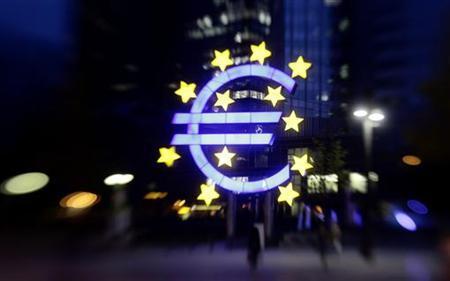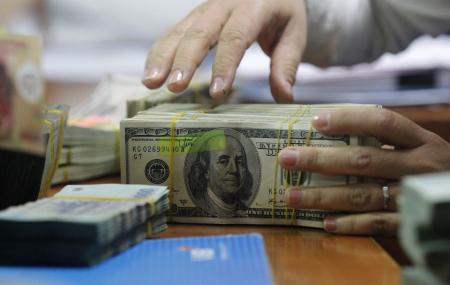 | « Back to article | Print this article |
Euro crisis more threatening than crash in 2008: Soros
US billionaire investor and philanthropist George Soros said that the collapse of the euro will have catastrophic consequences.
Not only for Europe, but for the global financial system because of connectedness.
"If the common currency broke down, it will then lead to the break-up of the European Union itself. So, it is a political problem.
"Thus, the euro crisis in my opinion, is more serious and more threatening than the crash of 2008," said Soros, chairman of Soros Fund Management, which manages of about $27 billion, while speaking at an interactive session organised by the Indian School of Business.
Click NEXT to read further. . .
Euro crisis more threatening than crash in 2008: Soros
On bitter fights between political parties in the US and in India on economic measures and reforms, Soros said the objective of political discourses in the developed world was centred around getting elected or manipulating public opinion, which still was not the case in India.
"You have a lot of corruption and other issues but there is a strong desire to do right things in India," he said.
In the developing world, people still follow the primitive belief in right and wrong.
He sounded positive on the international roles to be played by India and China as rising powers.
Click NEXT to read further. . .
Euro crisis more threatening than crash in 2008: Soros
Particularly, he wished India would play a constructive role in the democratic transition of Myanmar.
With power comes responsibility, which has been a characteristic of a rising power, he said, citing the greater roles assumed by Germany and the US post-world wars.
On the euro crisis, he said when the common currency was introduced, the European Central Bank accepted government bonds of member-countries at face value.
The move brought interest rates in the various countries very close and banks loaded up with government bonds of weaker countries.
Click NEXT to read further. . .
Euro crisis more threatening than crash in 2008: Soros
That created imbalances in economic performance, because Germany, which is the strongest country, had to face the burdens of reunification and therefore had to undergo very serious economic reforms to deal with that.
While the inadequacies were there at the very foundation of the euro as a currency union without having a political union, the basic flaws in the design -- either not fully understood or ignored -- led to the present situation.
One of the fundamental flaws, he said, was the false perception that imbalances arose only in the public sector whereas the financial markets, themselves could create imbalances in the economy.
Click NEXT to read further. . .
Euro crisis more threatening than crash in 2008: Soros
On whether austerity measures would help or weaken the economic situation in weaker countries, including Greece, he said they had no other way but to improve their imbalances in the near term, because the said austerity measures primarily suit Germany and other stronger countries, which had imposed these.
Also, the weaker countries had no alternative but to wait until Germany, at a second level, recognised that these measures were not working.
Unfortunately, that realisation was yet to come, he said.
Click NEXT to read further. . .
Euro crisis more threatening than crash in 2008: Soros
On the bailout package offered to banks by the American government in the peak crisis, he said the right way to deal with the banking crisis was to inject equity, though Obama thought it was un-American to do so.
The equity injection by the government did not have to be a permanent nationalisation.
On the role of central banks in effectively dealing with these financial crises, he said as markets were imperfect, regulators were more imperfect because they were bureaucratic.
There was a need for rethinking in respect of economic theories, which believe that markets are perfect and efficient, because this is not the reality.






